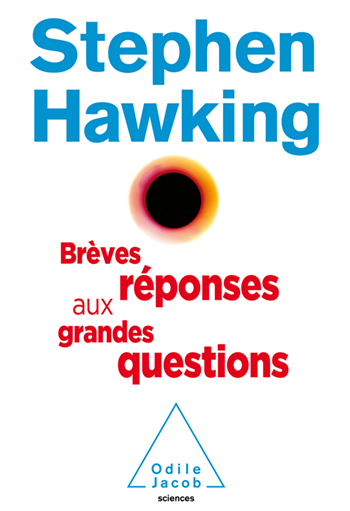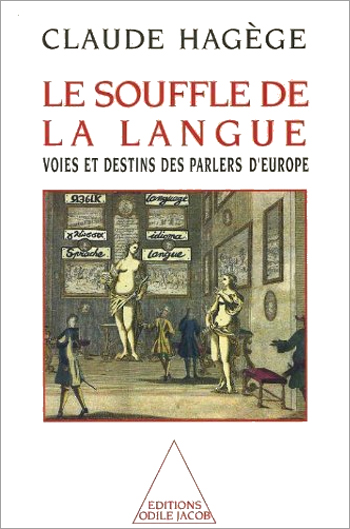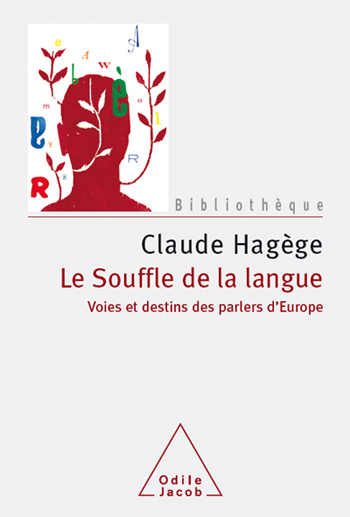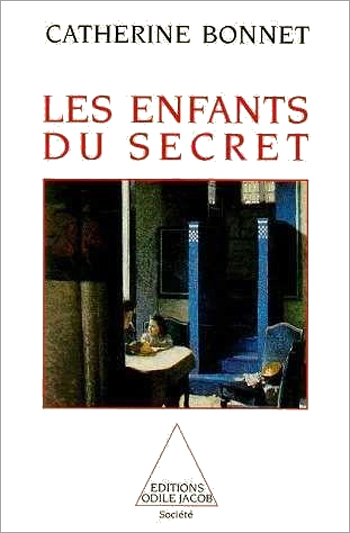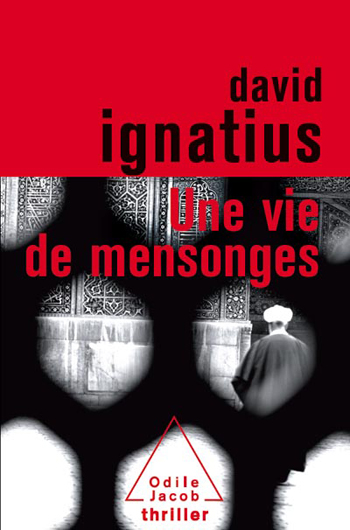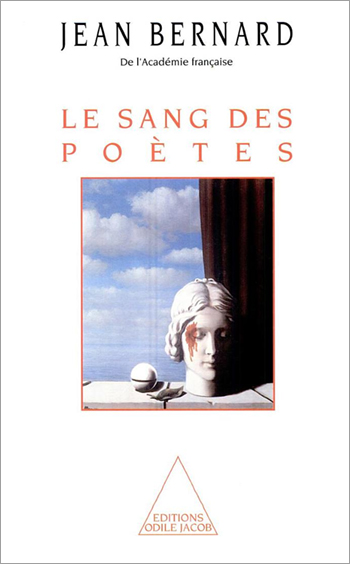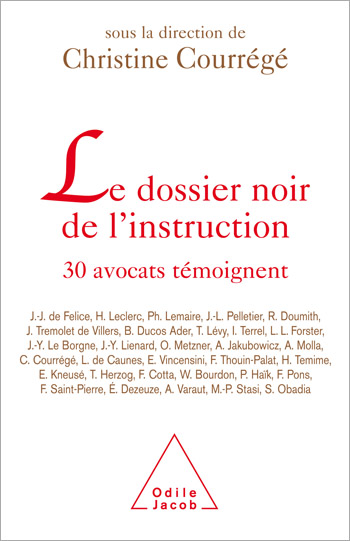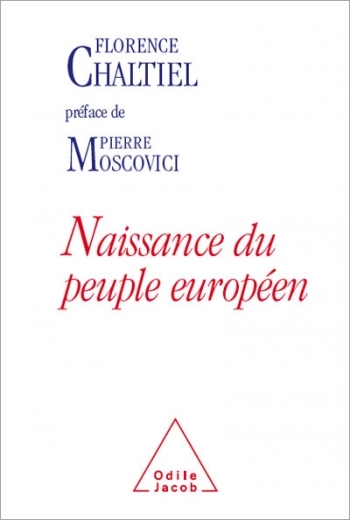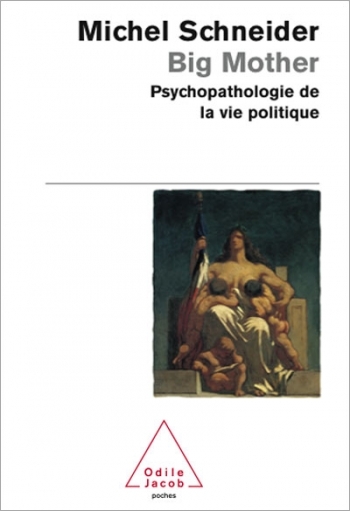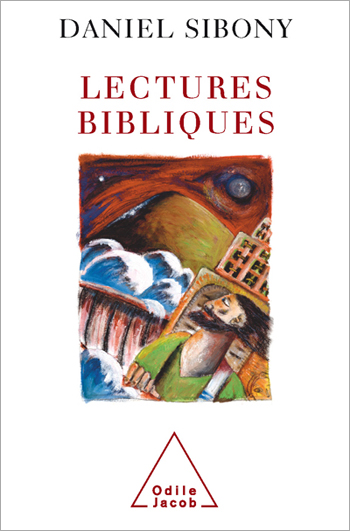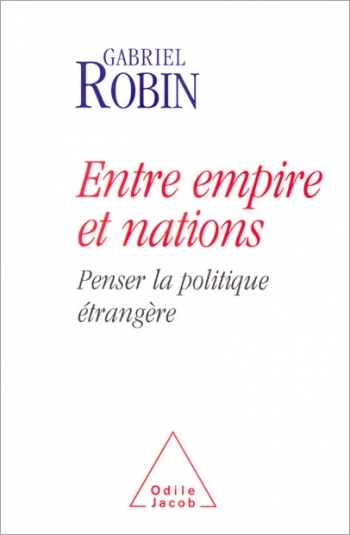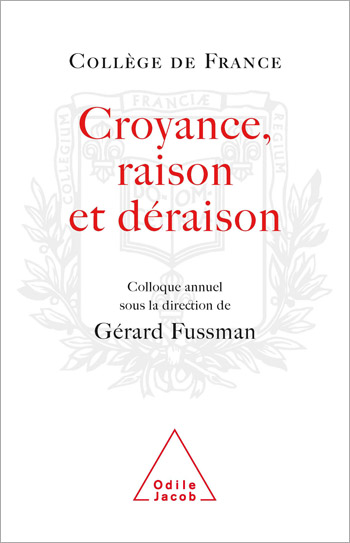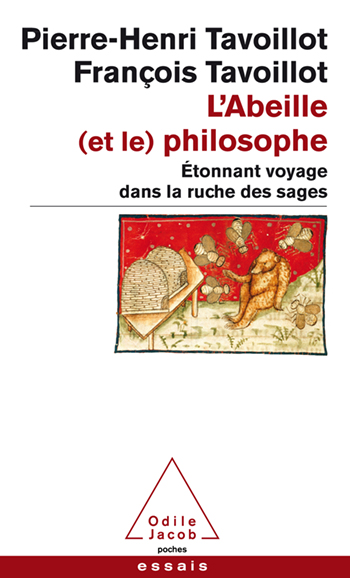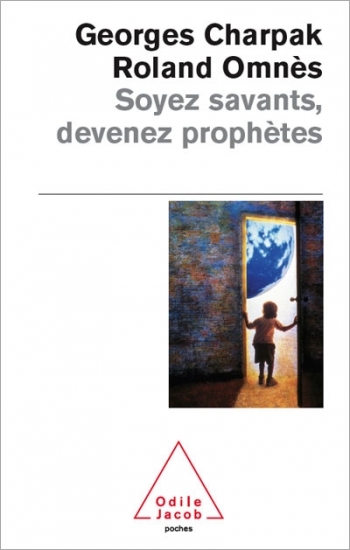Human Sciences All books
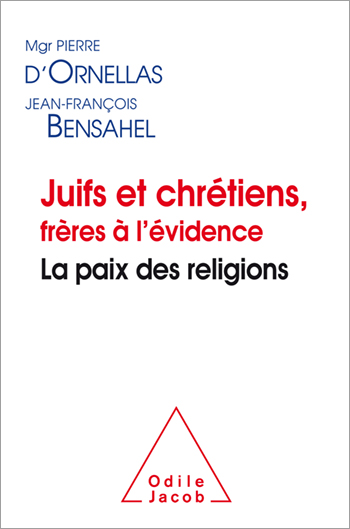
Jean-François Bensahel, Pierre d'Ornellas
Brothers, Apparently A serene and pacifist dialogue, at a time of great religious conflict
In a context of religious antagonism, a calm dialogue between Judaism and Christianity. An analysis of our time by two figures who do not minimize their differences but who seek, in a secular France, to establish common ground.
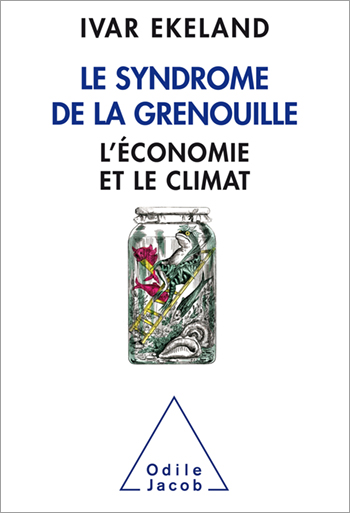
Ivar Ekeland
The Boiling Frog Syndrome
Climate change viewed by an economist. Will Homo economicus survive climate change? A step towards new way of thinking about the economy.
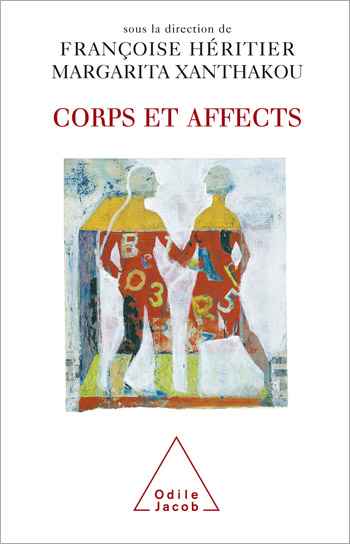
Françoise Héritier, Margarita Xanthakou
Body and Affects
The articles gathered here, written by eminent French anthropologists, present a novel angle on the way societies function. The writers argue that because societies are not abstract intellectual constructions, they cannot be dissociated from the physical individuals that constitute them, or from the affects (feelings and emotions) expressed by them. Included here are studies of Western and non-Western societies on such subjects as skin colour, religious rituals involving animals, witchcraft and flying sorcerers, passion in traditional North African cultures, and breast-feeding (both induced lactation to breastfeed infant girls and spontaneous lactation to breastfeed infant boys) in parts of Italy. Françoise Héritier is an anthropologist and teaches at the Collège de France. She is the author of Les Deux Soeurs et leur mère and Masculin/Féminin I and II, published by Editions Odile Jacob. Margarita Xanthakou, an anthropologist, is a research fellow at the Centre National de la Recherche Scientifique (CNRS).
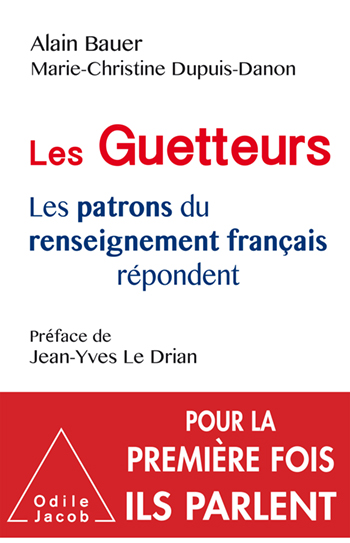
Alain Bauer, Marie-Christine Dupuis-Danon
The Bloodhounds: A Story of the French Intelligence Services in Their Own Words
Interviews with the great leaders in French Intelligence. These interviews break with a culture of secrecy; what the leaders say in no way glosses the difficulties, or the missteps, of the Services, or the manipulations that occur for reasons of high-level – or low-level – politics.
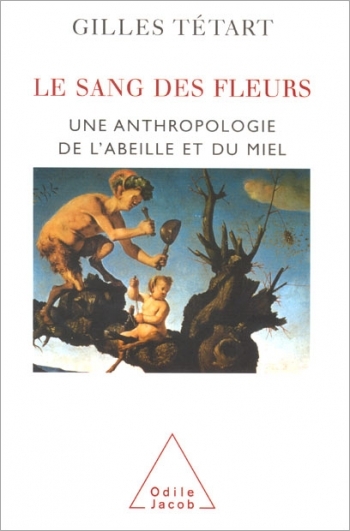
Gilles Tétart
The Blood of Poets
The first and constant motive of my scientific life has always been the blood, and its formation, diseases and mutations. During the day, I studied corpuscles and serums. In the evening I read or reread poetry. Sometimes I came across blood once again. An intuition, an allusion of a poet came to clarify my clinical or biological reflections of the next day. These kind of exchanges have inspired this book, which constitutes a personal anthology. It is the same blood which runs in the veins of Iphigenis before the planned sacrifice, as wriggles under our gaze using the microscope, and as draws our eyes to the lips it colours The present anthology bears witness to this unity and this diversity of the blood. Jean Bernard Jean Bernard is a member of the Acadamié française
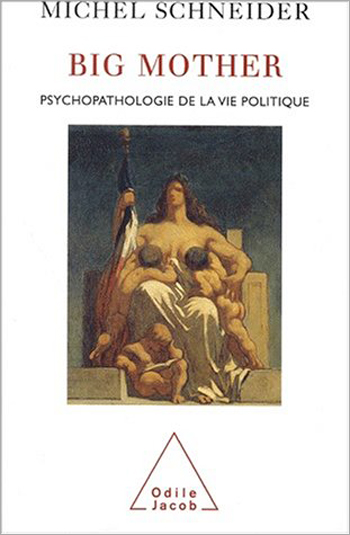
Michel Schneider
Big Mother The Psychopathology of Political Life
Listening, closeness, emergencies, love - politicians today play up to the mother. Leaders dare not lead, the citizens are now so child-like that they simply wait to be told what to do by the State : the Leisure State behaves like those mothers who cannot stand to think that their children can play by themselves, and insist on keeping them busy. Where are the fathers ? Is this the end of the paternal reference and the symbolic order of things ? A psychoanalyst, Michel Schneider was formerly a director of music and dance at the Ministry of Culture.
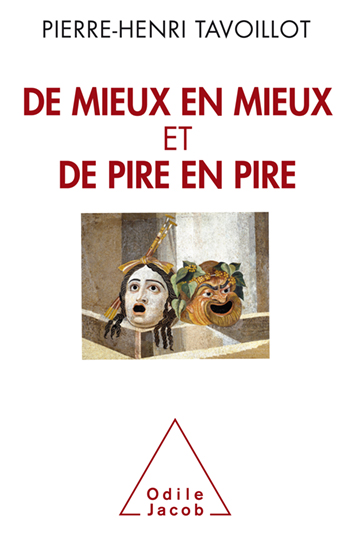
Pierre-Henri Tavoillot
Better and better and worse and worse Understanding our world better, and using it with optimism
An antidote to the pessimistic discourse on decline, it shows that the only lucid and worthwhile attitude is to accept the limits of progress without renouncing confidence in the future. A book which reconnects with the idea of progress without falling either into naïvete or into demagogy.
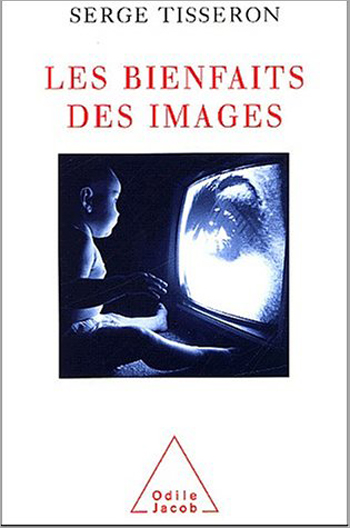
Serge Tisseron
The Benefits of the Image
Should sex and violence be banned on our television screens ? Is there a danger that their presence can lead to them becoming common-place, or to delinquency ? In light of this current debate, Serge Tisseron argues that as soon as we become accustomed to a type of image, and it ceases to upset us, we invent another type which will once more allow us to confuse image and reality, and thus to shiver again with fear and anxiety. In a society which is flooded with images, it is thus essential to use them as best we can, and to avoid the dangers that are inherent in them. This book aims to contribute to this end. Serge Tisseron is a psychiatrist, psychoanalyst, doctor of psychology and research fellow at the University of Paris-X. For the past fifteen years, he has worked on the relations that viewers have with different types of images.
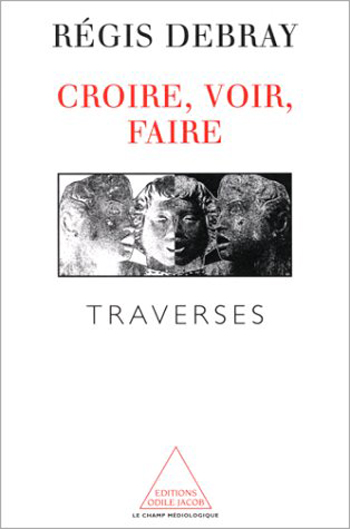
Régis Debray
Believe, See, Do Crossings
In this work, Régis Debray gives free rein to his thoughts and tackles the varied subject matter provided by daily events encountered " in the news, out of the blue, or through friendship or surprise, at a moments notice and without great forethought. " The subjects he writes about range from " the Gulf War to a photo exhibit, from Tatis Jour de Fête to copyright registration, from a daydream about water to a meditation on road travel. " Other works by Régis Debray published by Editions Odile Jacob include Que Vive la République!, Tous Azimuts, and Transmettre.
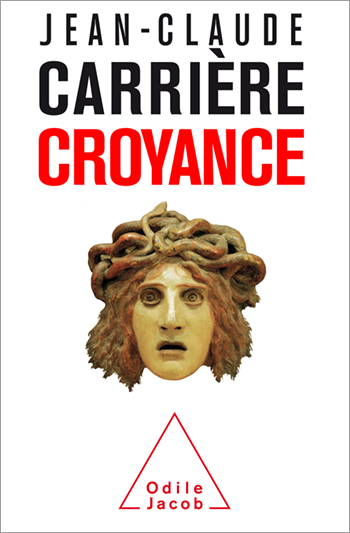
Jean-Claude Carrière
Belief
The impact of science is on the wane — while religious belief is omnipresent and all-powerful
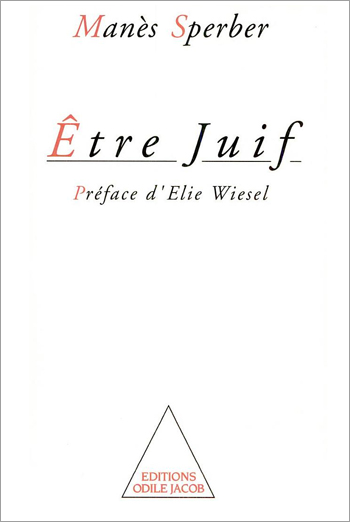
Manès Sperber
Being Jewish
A non-practicing Jew, Manès Sperber learned to read the Bible at the age of three and continued to re-read it until the end of his life. Neither religious, nor a militant Zionist, nor an aethiest, nor aligned with any cultural Judaism, he professes as his only faith a "religion of good memory." His is a Judaism lived as humanism and as an ethic, as a refusal of all idolatry, of exclusion of others, and a constant combat against hate of any kind. It is a profound attachment to the Israelite nation and a prudent attitude towards the State of Israel that Sperber illustrates in these brilliant essays prefaced by Elie Weisel, where analysis of Jewish thought and identity walk hand in hand with the eternal question: Why anti-semitism?
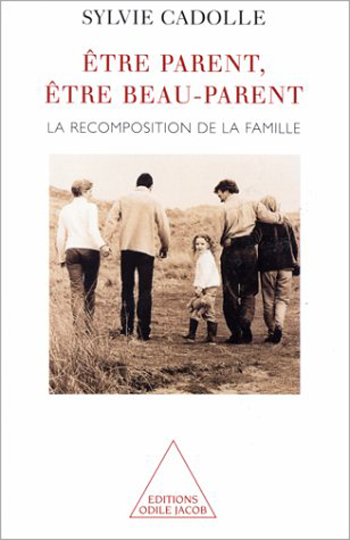
Sylvie Cadolle
Being a Step-parent The Recomposition of the Family
More than one million children in France live permanently or occasionally with a step-parent. What place does a step-parent hold in the family of a child whose parents are divorced or separated? What role does he or she play? Is it sufficient to know how to love in order to succeed in reconstructing a family? This is the first French investigation into the relations between step-parents and step-children that allows both the adults and the children to freely express themselves. Sylvie Cadolle teaches philosophy and educational sociology.
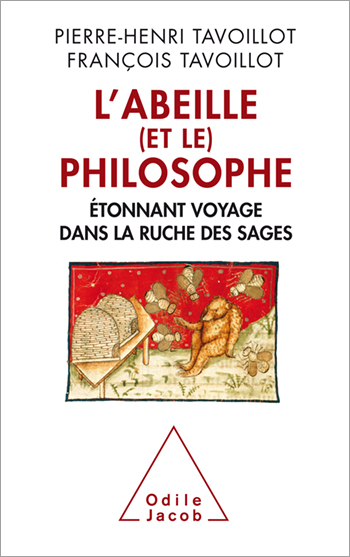
François Tavoillot, Pierre-Henri Tavoillot
The Bee (and the) Philosopher An Amazing Journey into the Hive of Wisdom
The history of Western philosophy and culture, seen from the bee’s perspective
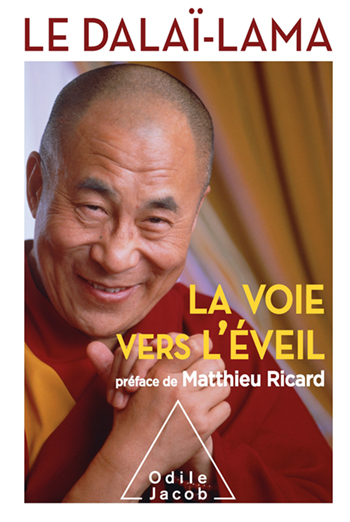
The Dalaï-lama
Becoming Enlightened
An excellent introduction to Tibetan Buddhism and to the teachings of the fourteenth Dalai Lama
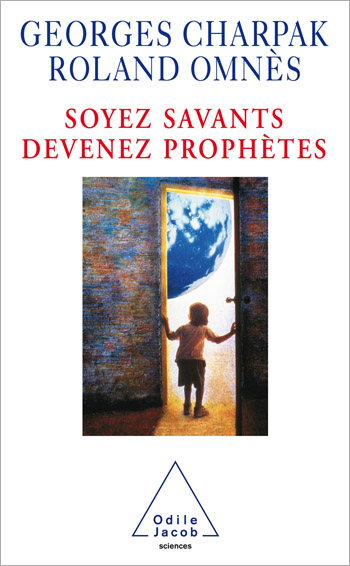
Georges Charpak, Roland Omnès
Becoming a Magician is Becoming Prophet
In a simple, accessible style the authors address questions that we all ask ourselves about science: Why hasn't science made human beings wiser? Hasn't it even had the opposite effect, rendering humans' criminal tendencies even more devastating? To answer these questions, the authors develop the idea that the advent and triumph of modern science have induced a profound change in humanity because science has given human beings the capacity to understand and master phenomena occurring on the microscopic level - a scale that is alien to them. Some of the fundamental elements of contemporary physics are presented here in game form. The authors argue that physics has left free human beings face to face with an equally free interplay of natural forces and that, without causality and finality, the world has become deprived of meaning. It is therefore hardly surprising that many have taken refuge in religion. But the authors propose an alternative to religion, arguing that we can fulfil our modernity by helping our children develop their love of experimentation so that they can discover the meaning of things for themselves - instead of embracing ideologies that can only be imposed through terror. Georges Charpak is a physicist and Nobel Prize Laureate in Physics. Roland Omnès is a physicist and Emeritus Professor at the University of Paris XI-Orsay.
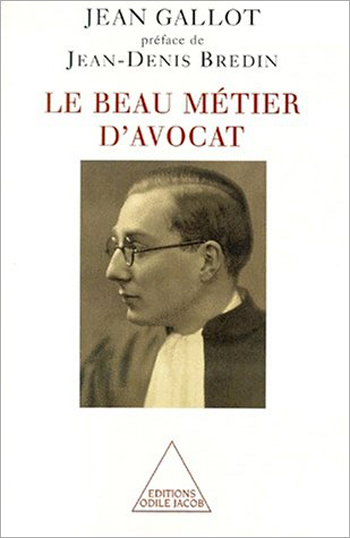
Jean Gallot
The Beautiful Job of Being a Lawyer
Jean Gallot was born at the beginning of the century and studied in Paris. He rapidly made a reputation for himself as one of the most brilliant lawyers of his generation. In this book, he reflects upon the copious experiences of a lifetime, the cases he so ardently defended and his meetings with famous people of the time. This is a precious record of an era, as well as of a profession that is currently undergoing major changes in France.

